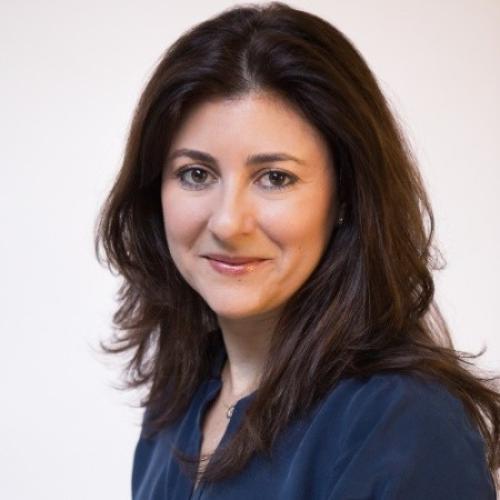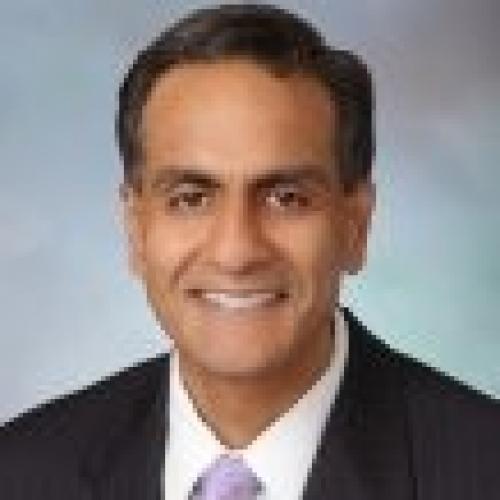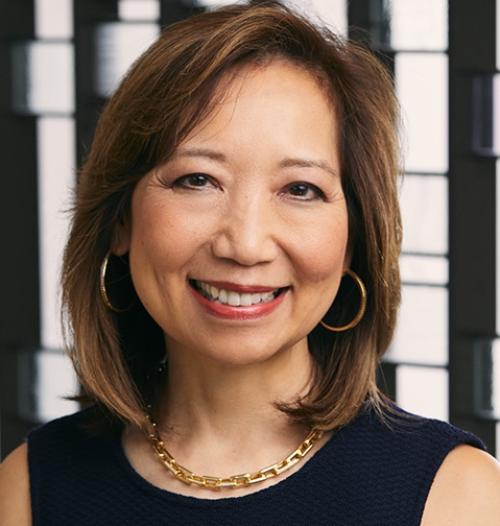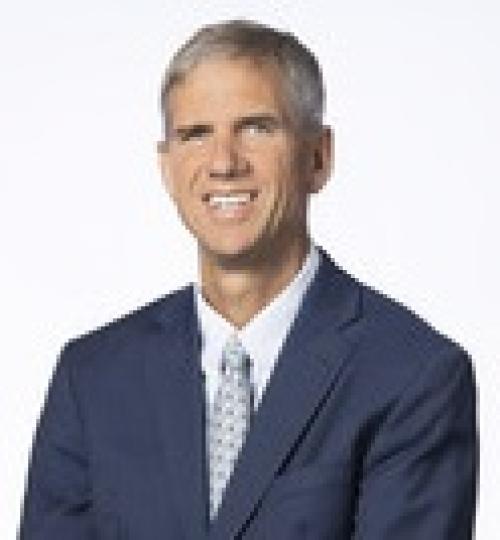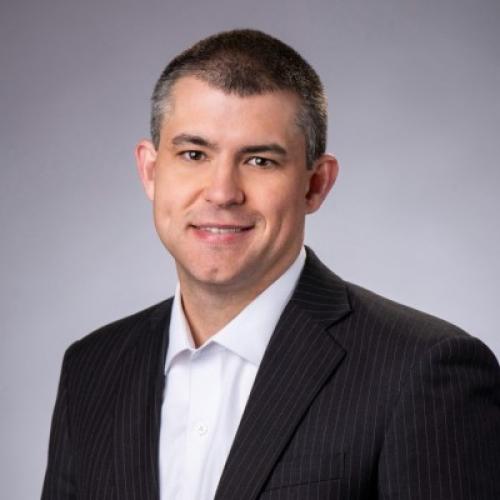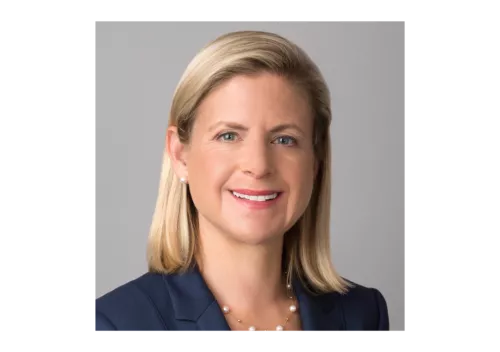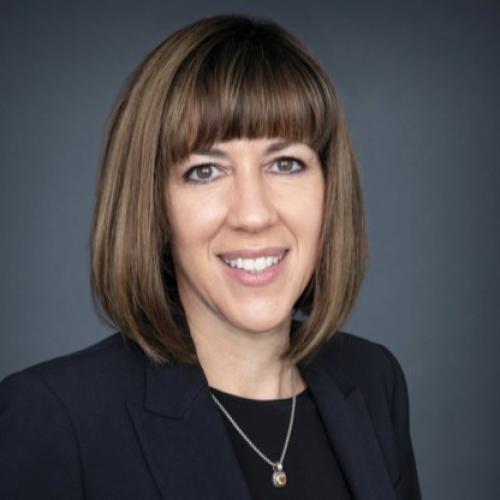Carol Strickland of EverPower Wind Holdings says governance practices need to be adjusted as the times demand
From Carol Strickland’s perspective, ‘the corporate secretary sits in a catbird’s seat,’ with an opportunity to have his or her finger on the pulse of everything that happens within a company. ‘I always was fascinated with the people aspect from the very beginning, watching very smart people and how they thought about issues,’ she says. ‘You learn a lot in the boardroom just by being present.'
The chief administrative officer and corporate secretary at EverPower Wind Holdings, and former chairman of the Society of Corporate Secretaries and Governance Professionals, says she backed into the secretary’s role at US Trust Company, where she was hired as assistant to the chairman in 1976 and became assistant secretary within her first few months at the bank.
What did they see in her? ‘I wasn’t afraid to ask questions. I was a quick study. I didn’t ask questions in the boardroom, but I wasn’t intimidated by the chairman or vice chairman,’ she says. ‘If I didn’t understand something or if I was curious, I would ask a question.’ She also didn’t hesitate to share her opinions, but only if asked for them.
She recalls with a laugh how after the bank built new offices in the late 1980s, there was no ladies room on the floor where the boardroom was. For that matter, there were only three women members of the Society when she joined in the late 1970s.
At one US Trust board meeting, Strickland remembers a women director, who reportedly had been recruited for her social skills, asking, ‘Well, gentlemen, if we add all these bits and pieces together, how much does the chairman really make?” This happened before the detailed compensation tables that are now a staple of proxy statements. Because of the funny way she asked the question, people in the room didn’t take her seriously. After the meeting, Strickland says she told the chairman, ‘That’s probably the most important question that anybody has asked in a decade.’ She was amazed the head of the compensation committee had never asked that question. The board took a siloed approach to salaries, bonuses and long-term compensation, so no one had ever put the whole picture together in those days. ‘
The chairman took notice when Strickland made that remark, and the bank began taking a different approach with the comp committee. ‘We started giving them the whole picture way before [it became common]. There were a lot of things we did that were ahead of the game in terms of governance,’ including holding off-site meetings with the board that were more than mere dog and pony shows, golf tournaments or getaways, she says. ‘They were long-term planning sessions. We instituted those before people really did planning sessions with their board.’
Bank boards were historically very big because, as primarily local institutions, the idea was to have prominent members of the community serve as board members.
Once bank governance became more complicated, with the focus on meting quarterly earnings projections starting in the 1980s, large boards no longer made sense, she says. In reducing the size to become more manageable and truly be working boards, ‘we had to think more strategically about what we wanted the board to do, what their main focuses should be and how they would help the institution,’ Strickland says. ‘We looked at what does this person bring to the table – for potential directors and potential management. That certainly wasn’t being done as much in my early days as a corporate secretary as it is today.’
Being a bridge between the board and management is also a large responsibility for corporate secretaries. In Strickland’s later years at US Trust, after it had become a subsidiary of Charles Schwab and of Bank of America, she says she felt t was up to her to make sure the new management knew US Trust’s directors, and vice versa.
Creating a dossier on each director is one way of familiarizing new executives with board members, but it’s preferable that management gets to know directors personally, she says. ‘Creating these opportunities and making sure they happened [was key] because everything in business is about relationships.’
Strickland says she takes the governance awards seriously because governance jobs are hard and people should be rewarded for coming up with new ways to communicate with shareholders. In addition, she urges smaller companies to not be intimidated by the giant firms that have lots of money to spend on their programs.
She advises prospective award contenders to provide more context around the changes they’ve made in governance processes so the judges can better assess what’s unique about them. ‘Sometimes you’re up against the wall and you have to make changes,’ she says. She cites US Trust’s decision to form a risk committee after receiving a cease-and-desist order from the Federal Reserve following the bank’s merger with Schwab. Six years later, the bank decided to dissolve the risk committee as it had done what it had been set up to do and it was decided the committee’s work could be split among the audit committee and the full board.
‘We changed with the times. I think there are companies today that have risk committees and they don’t really need them. [There should be] a willingness to look at your operations and change because it’s the right thing to do,’ she says. ‘So context is everything.’
